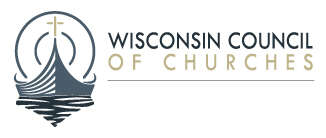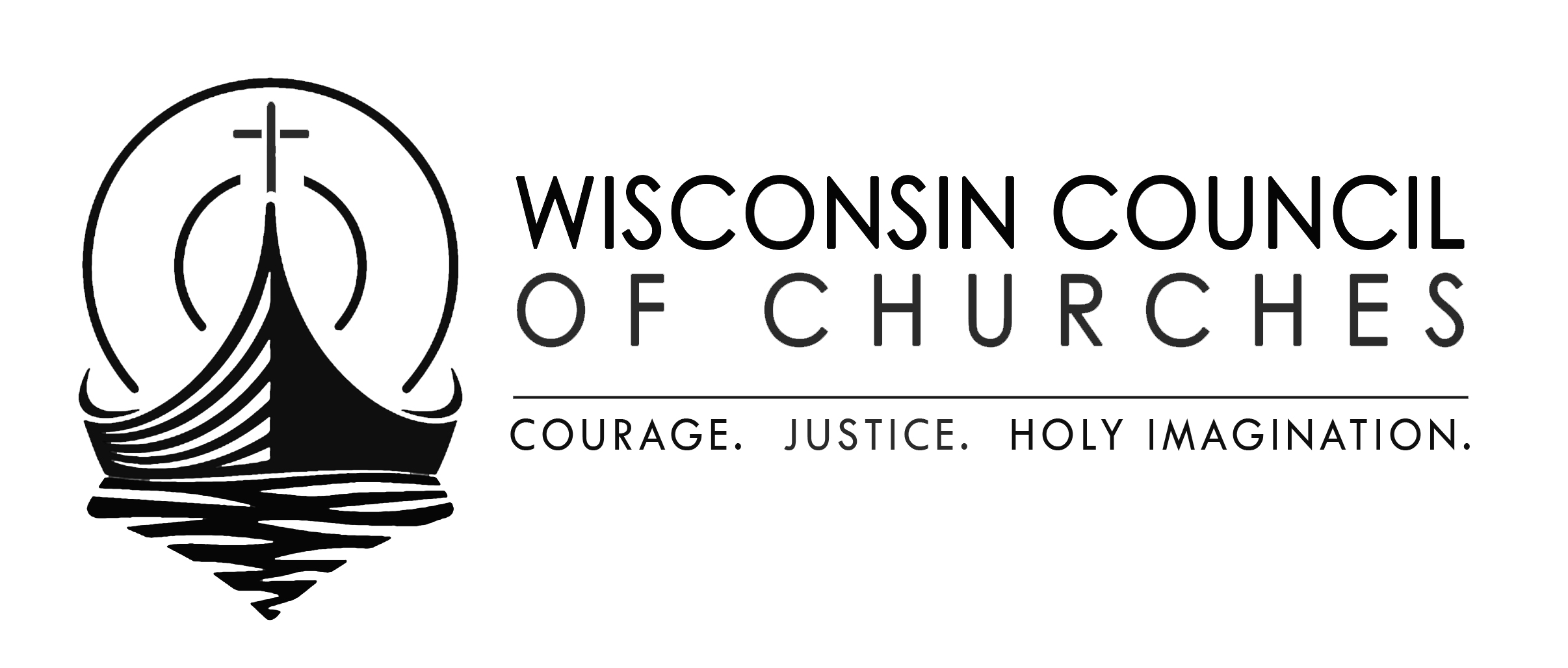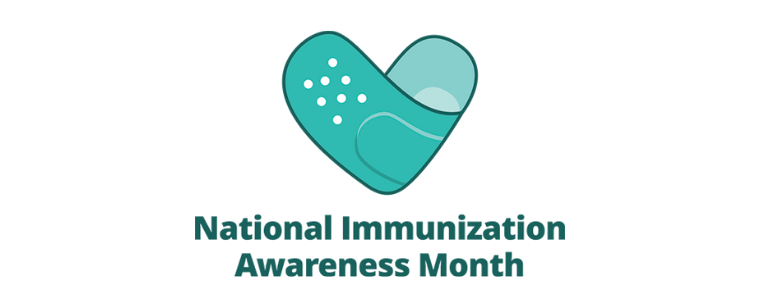Why are we doing this, anyway?
Peace, man
In recent weeks, I’ve talked a bit about what we’re intending to do in the final phase of our COVID project. But I haven’t said much about the why, at least not in a theological sense.
And why is important. It’s good to have a theoretical framework for a project we’re hoping to continue, of course. More important, we need that framework because we are, after all, a church project. The ready answer to the question, Why should churches work toward the health of the community? is something like Because they can do a lot of good! or Because they want to serve people!
Those aren’t terrible answers. In fact, they’re necessary. But the first is utilitarian, not a matter of faith. Churches can do a lot of good, but so can schools, libraries, or the local senior center. What sets churches apart?
The second answer has a bit more theological depth to it. But the world has plenty of people who want to do nice things for one another. Again, what makes churches different? We need something more than service that is indistinguishable from secular do-goodism.
Let’s get back to roots here. And by “roots,” I mean waaaay back: the word for health in Hebrew scripture is shalom,1 familiar to most people as “peace.” It’s a much larger concept than that, of course. One Christian source2 defines it as
completeness, wholeness, health, peace, welfare, safety, soundness, tranquility, prosperity, perfectness, fullness, rest, harmony, the absence of agitation or discord.
Even that doesn’t quite wrap its arms around the idea. Ancient writers understood the created world in various degrees of out of alignment to at war with itself. That included everything. Men and women, children and parents, different nations, animals against one another, everything. Even illness was understood as the world being out of whack. Or as some extreme cases put it today, part of the attack of the evil one against God.
Shalom is the opposite of all that. It is the realization of the world as God intended it to be: reconciled to and redeemed from itself. It’s Eden 2.0, the world made whole.
Interestingly, English has the same kind of double meaning built into it. Health and whole come from the same root meaning “whole, uninjured.”
That’s what we’re looking for in community health. We’re not here simply to help people shed a few pounds and lower their blood pressure, as worthy as those goals are. Our mission is to make individuals and the wider community whole.
That is first the work of reconciliation. The COVID pandemic revealed the disconnects between the American health care system and the people it serves. But more than that, COVID showed us the ways our society is disconnected, or even at war, with itself. Much of the work of community health is to re-establish connections and heal divisions. On a practical level, you can’t make the community whole when public health offices don’t know where to begin with outreach. You can’t do it when viruses become virtue signaling for partisanship.
Health is also redemptive work. Heather Long McDaniel says in a recent master’s thesis that
The [early] church’s healing ministry encompassed cures accomplished in Christ’s name, the relief of suffering, caring for the sick, reconciliation and peace-making, building families out of strangers, relieving isolation, challenging injustice, and reforming society.
It doesn’t take long to apply McDaniel’s insight. Think about health inequities between races, genders and income levels. Or think about the social determinants of health like housing, food security, environmental contamination, climate change or neighborhood safety.
Real change in community health and wholeness requires real change in institutions, developing practices of mutual support, even changing a culture that perceives health as an individual concern and illness as a moral failure. To promote health means to act as an agent of liberation. It means buying back God’s children from the principalities and powers that keep them unhealthy.
You can tell already that the horizons are pretty broad here. It’s helpful to keep things rooted in concrete needs like maternal health and affordable daycare, diabetes and high blood pressure, treatment for addiction issues, digital equity, or getting licenses and state IDs for undocumented residents so they can access health care resources.3
But you can also tell from this discussion that the why is much deeper than trying to do a little good for our neighbors. Heather Long McDaniel says that
Alienation, sickness, injustice, and suffering are experienced as brokenness in our bodies, souls, relationships, institutions, and environment. Restoration of health involves identifying and healing what is broken.
Churches should work toward the health of the community because they seek the wholeness of creation. The small work points to the larger. In fact, it points us to our ultimate destination, which is a world operated by the logic of God’s shalom.
I can only invite you on the journey to that destination. But I will say that the sooner we set out for it, the sooner we will arrive. More to the point, the sooner the world will heal.




